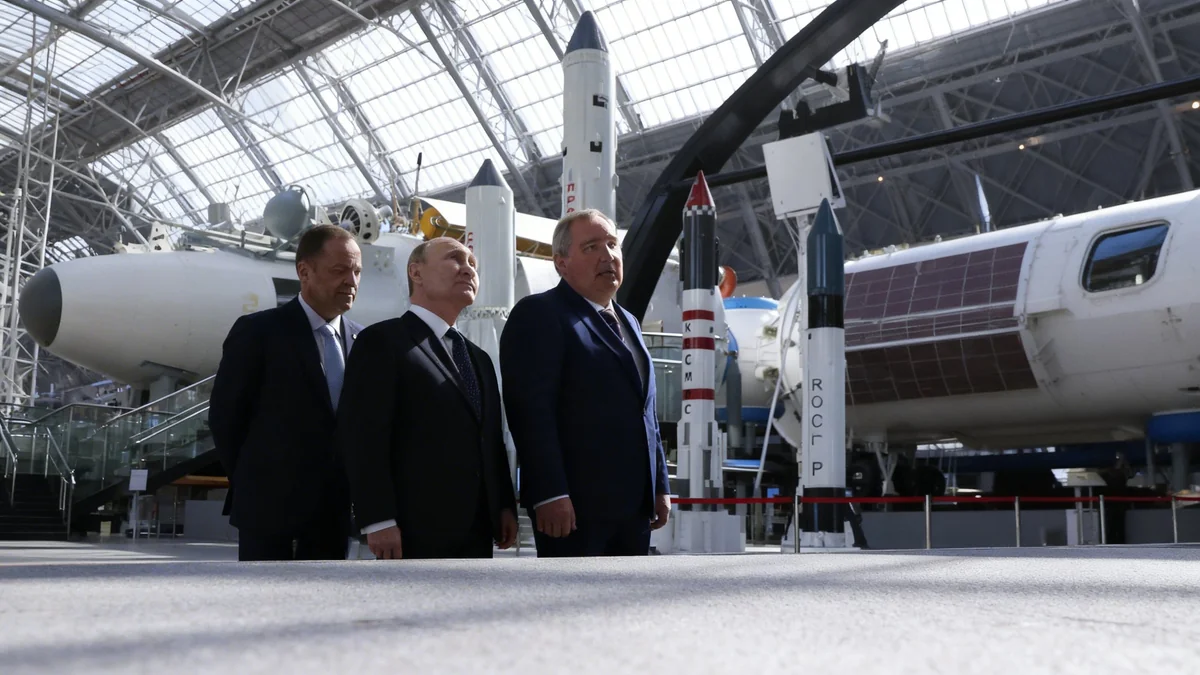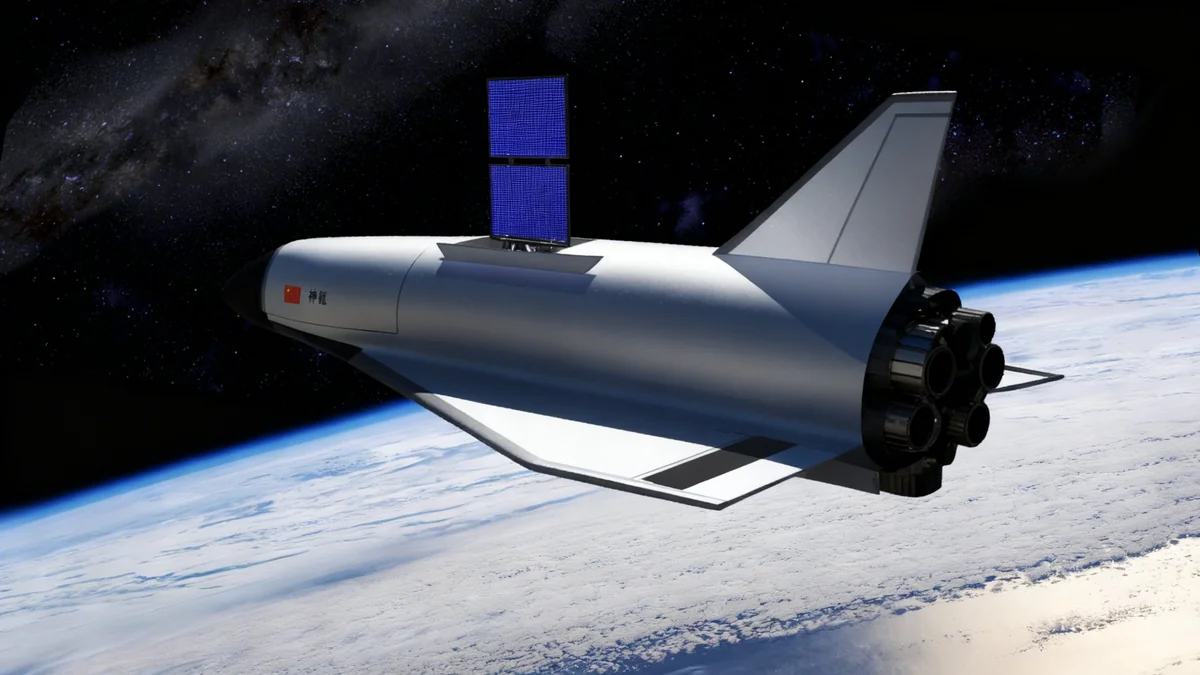The United Kingdom has initiated a new government-backed project to develop advanced sensors designed to protect its satellites from potential laser attacks. The Ministry of Defence and the UK Space Agency announced the plan, which aims to safeguard critical national infrastructure and military communication systems in orbit.
The initiative addresses growing concerns about potential interference with UK satellites from hostile actors. The new technology will focus on detecting, identifying, and analyzing laser threats, providing the UK Armed Forces with an early warning system to protect essential space-based assets.
Key Takeaways
- The UK government is funding a new project to create sensors that detect and counter laser attacks on satellites.
- Initial funding of £500,000 has been allocated through the Unlocking Space for Government programme.
- The project is a collaboration between the Ministry of Defence, UK Space Agency, and UK Space Command.
- An estimated 20% of the UK's economy relies on satellite services for functions like financial transactions and weather forecasting.
New Defence Initiative for Orbital Assets
The United Kingdom has launched a strategic project to enhance the security of its satellites. This government-supported effort, led by UK Space Command in partnership with the UK Space Agency, will focus on creating sophisticated sensors to identify and counter laser-based threats in orbit.
The primary goal is to develop a system that can quickly detect a laser being aimed at a UK satellite, analyze its origin, and provide crucial data to military operators. This capability is seen as essential for protecting the nation's economic and security interests, which are increasingly dependent on space technology.
"Space is a hugely important and contested frontline and satellites play a vital role in UK prosperity and security," stated Luke Pollard MP, Minister for Defence Readiness and Industry. He emphasized that protecting these assets "supports our national security, delivering on the Government’s Plan for Change."
The announcement comes amid reports of increased counter-space activities globally, including suspected interference with military satellites. This project represents a direct response to the evolving threat landscape in the space domain.
Protecting Critical National Infrastructure
The reliance on satellite technology is deeply embedded in the UK's economy. According to government assessments, approximately one-fifth of the nation's economic activity is dependent on services provided by satellites. This includes everyday functions that are vital for modern society.
What Services Rely on Satellites?
Satellite systems are fundamental to many sectors. They enable secure financial transactions, provide precise data for weather forecasting, support navigation systems like GPS used in logistics and personal travel, and ensure reliable communication for emergency services.
A disruption to these satellite services could have significant consequences, affecting everything from banking and transportation to national security communications. The new sensor technology is designed to act as a protective shield for this critical infrastructure, ensuring its continued operation.
By investing in defensive space capabilities, the government aims to build resilience against potential disruptions, whether accidental or intentional. This aligns with the broader national security strategy, which recognizes space as a critical domain.
Project Funding and Strategic Context
The initiative is receiving an initial investment of £500,000. This funding is provided through the Unlocking Space for Government programme, a scheme designed to leverage space innovation to improve public services and strengthen national resilience.
This project is a direct outcome of the UK's Strategic Defence Review, which officially recognized space as a military domain on par with land, sea, air, and cyber. This policy shift highlighted the growing importance of space for both national defence and economic stability.
Major General Paul Tedman, Commander of UK Space Command, noted the urgency of the investment. "In this new era of threats, UK Space Command is competing against a growing arsenal of adversary counterspace systems and requires new and innovative edge technology to protect and defend our satellites," he said.
The development of these sensors is considered a foundational step in building a more robust and responsive space defence architecture for the United Kingdom.
Technical Capabilities and Threat Response
The core of the project is the development of highly sensitive sensors capable of detecting laser beams from various sources. These sensors will be designed to identify lasers originating from the ground or from other objects in orbit.
Once a potential threat is detected, the system will analyze the laser's characteristics to determine its intent and potential to cause harm. This information will give the UK Armed Forces the ability to identify interference and take countermeasures before any significant damage or data loss occurs.
Economic Contribution of UK Aerospace
The UK's aerospace and defence industries are significant contributors to the national economy. In the last year, they contributed over £42 billion, an increase of 64% over the past decade. The sector now employs more than 440,000 people across the country.
Harshbir Sangha, Director of Missions and Capabilities at the UK Space Agency, described the project as a key development. He stated it is "an important step in developing the tools we need to detect and respond to emerging threats in space."
Strengthening the UK Space Sector
Beyond the immediate security benefits, this investment is part of the UK's wider ambition to foster growth in its domestic space and defence industries. By funding cutting-edge research and development, the government aims to stimulate innovation and create high-skilled jobs.
The project reinforces the UK's goal to be a global leader in space technology and innovation. Fortifying its own space assets not only enhances national security but also strengthens its position in the international space community.
Ultimately, by developing sovereign capabilities to protect its satellites, the UK seeks to ensure the long-term security of its critical infrastructure and maintain its competitive edge in the rapidly growing global space economy.





